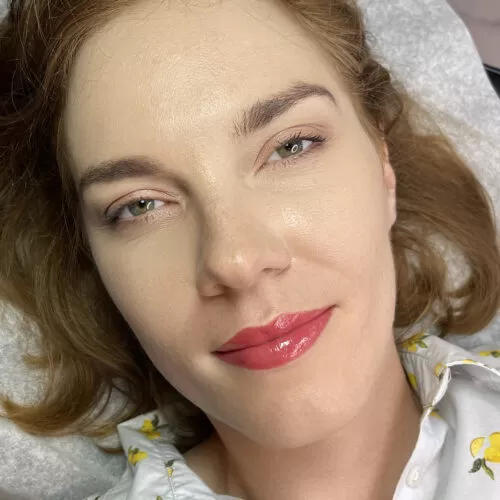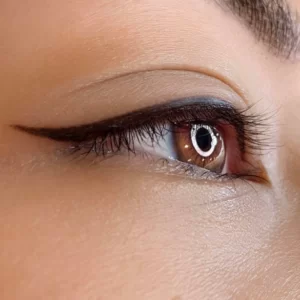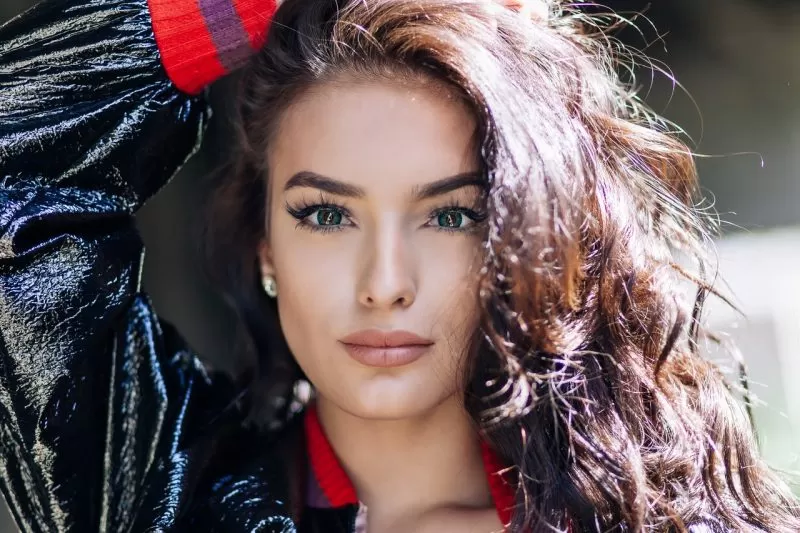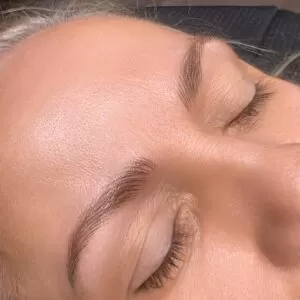
Permanent makeup, or cosmetic tattooing, is a unique blend of beauty and body art. As a permanent makeup artist, you’ll be responsible for applying pigments to the skin to create the appearance of makeup, such as eyeliner, eyebrows, and lip liner treatment. This process is considered a form of tattooing and is subject to stringent state-level regulations that vary significantly across the country. So, it’s crucial to understand the benefits of a license for permanent makeup and its requirements before pursuing this career.
From the initial training for a permanent makeup license to ongoing compliance measures, every step of the process must be carefully navigated to ensure that your permanent makeup business operates within legal boundaries and maintains the credibility and trust of your clients. Failure to do so can result in substantial penalties and even the inability to practice your craft.
Initial Licensing Requirements
Becoming a licensed permanent makeup artist varies significantly across states and counties. This is because permanent makeup is often regulated similarly to traditional tattoo artistry. While some states have established comprehensive statewide regulations for permanent makeup, others have left it up to local jurisdictions to determine the rules and guidelines. This lack of uniformity can make navigating the licensing landscape a complex and challenging endeavor for aspiring permanent makeup artists.
Despite the variability in makeup license requirements, some elements are similar across states. Many states expect applicants to complete a specified number of training hours and pass a practical examination to demonstrate their technical proficiency. Additionally, proof of completion from an accredited permanent makeup program and documentation of any apprenticeship experience are often required.
Additionally, the cost and prices of obtaining a permanent makeup license can vary significantly depending on the state and local jurisdiction. Some states may have higher training hour requirements or more extensive practical exams, which can translate to higher overall costs for aspiring permanent makeup artists. Understanding your local area’s specific prices and cost structure is crucial when budgeting for the licensing process.
Licenses Required in California
While California’s makeup license requirements are not as stringent as those in some other states, maintaining a high standard of cleanliness and safety is crucial for compliance and success in this field. The California Department of Public Health is responsible for regulating all permanent makeup applications in California.
Aspiring permanent makeup artists in the Golden State can expect a moderate level of regulatory oversight, which includes:
- Obtaining a practitioner license
- Completing a Bloodborne Pathogens Exposure Control Training Program
- Providing proof of hepatitis B vaccination
- Undergoing a period of practical training, typically around 6 months
By understanding and fulfilling the licensing and training requirements above, aspiring permanent makeup artists in CA can ensure a smooth and compliant path to launching their careers in this rewarding field.
License Renewal
It’s important to understand the PMU license renewal process in addition to meeting the initial licensing requirements. As this is a regulated industry, most states require PMU artists to renew their licenses regularly, typically every 2 years, to maintain their legal standing and continue practicing.
Renewing a permanent makeup license is usually much easier than getting the initial license – it’s less time-consuming and costly, making it more straightforward. In addition to the standard requirements, some states may require permanent makeup artists to provide updated documentation, such as vaccination records, as part of the renewal.
Use of License in Other States
For permanent makeup artists considering moving to another state in the future, the usability of their existing license can vary significantly depending on the destination. Some states offer license reciprocity, allowing artists to transfer their license if their original state’s training for a permanent makeup license requirement meets or exceeds the new state’s requirements. However, in other instances, they may need to undergo additional training, pass an exam, or meet other state-specific criteria before being legally permitted to practice permanent makeup near me in their new state.
Conclusion
Building a successful career as a permanent makeup artist requires understanding the benefits of a license for permanent makeup and diligently complying with the necessary licensing requirements. The licensing process can vary significantly across different states and local areas, and failing to meet the required standards can lead to serious legal and financial consequences.
If you’ve always had a passion for makeup and beauty and are considering training near me in San Diego, you should consider Anna Kara’s Studio. At our salon in San Diego, you’ll find PMU experts with several years of experience. They are licensed and certified in San Diego and well-versed in various permanent cosmetics techniques and treatments, including eyebrow microblading, microshading, ombre brows, eyeliner, and lips. Contact Anna Kara’s Studio today for a free consultation!
Popular services in San Diego
- Microblading in San Diego
- Permanent Eyebrows in San Diego
- Permanent Eyeliners in San Diego
- Inkless Stretch Mark in San Diego
- BB Glow in San Diego
Schedule Your Procedure
Hurry To Book Your Appointment — 50$ discount when paying in cash | - 10% on the first visit






